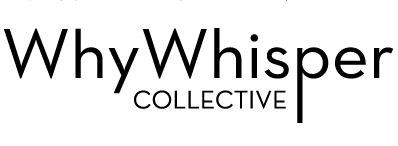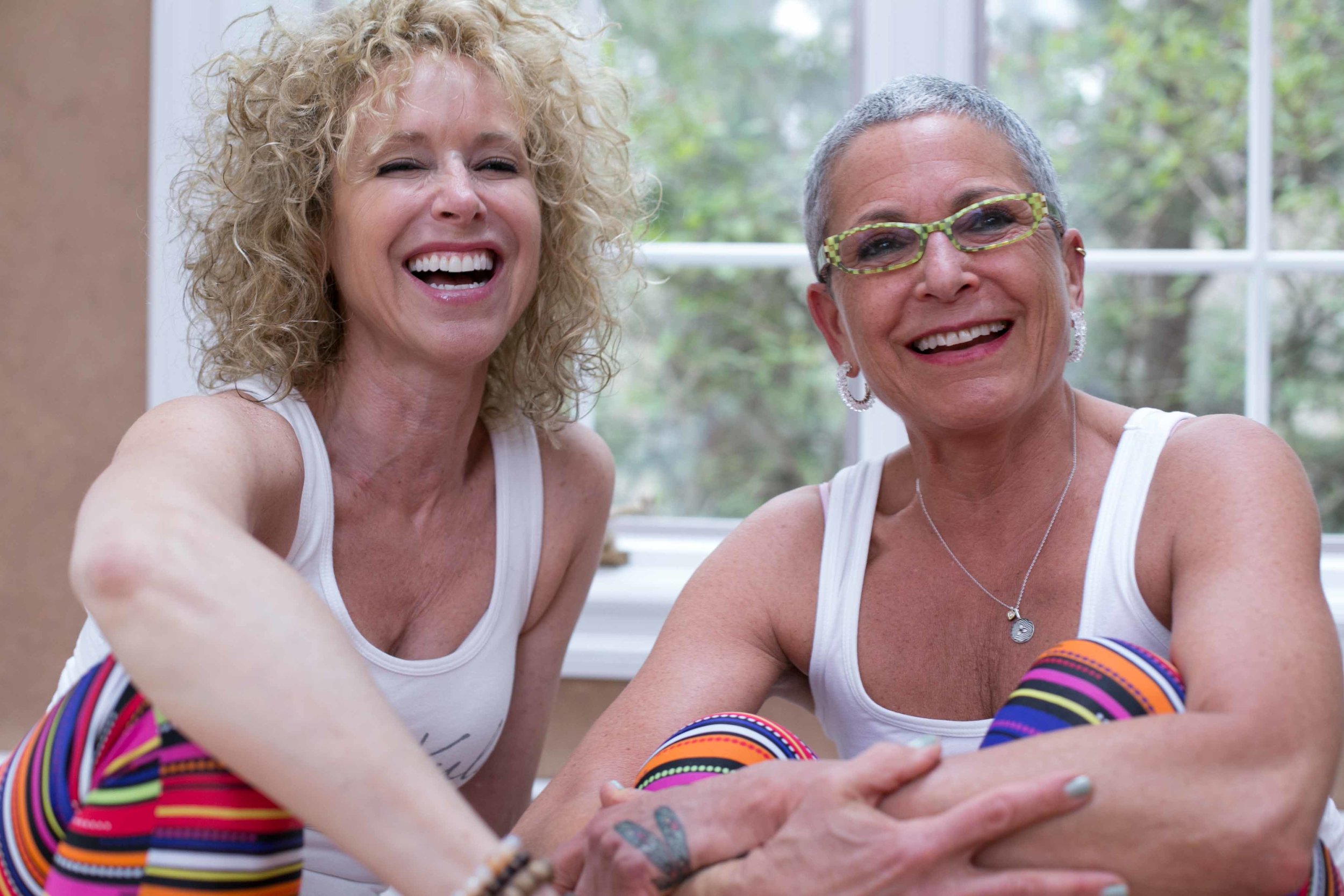For several years, the WhyWhisper team has had the opportunity to work with an amazing and innovative nonprofit, Kula for Karma. Kula, which means “community,” provides free therapeutic yoga and meditation to underserved populations, including veterans, at-risk youth, and those battling cancer, among many others.
Why is this so important? Therapeutic yoga and meditation have been shown to have a positive affect on both physical and psychological health. Psychologically, they help to improve self-acceptance, reduce anxiety and depression, and develop healthy coping strategies. Physically and medically, they lead to decreased pain, improved immunity, decreased blood pressure, and more. Unfortunately, many of those who can most benefit from these programs are often unable to access them. That’s where Kula comes in.
Kula is all about community and seva, or acts of selfless service. Their volunteer yoga instructors serve their local communities, and it is because of these volunteers that Kula’s service continues to expand. Passion, kindness, and generosity fuel every aspect of Kula’s work, and it shows in the impact they have.
In addition to its nearly 50 active programs in hospitals and studios, Kula also partners with corporations and businesses to offer yoga and meditation to their employees. According to a recent study on employee mental health, 40% of workers reported their job was very or extremely stressful. As the year comes to a close, stress can become even more prevalent, as a result of work, holidays, or some combination of the two, and finding ways to cope with that stress is incredibly important. This is true not only for employees, but also for businesses, as stress can cost them money. In fact, stress costs U.S. businesses nearly $300 billion a year due to absenteeism, reduced productivity levels, and employee turnover. Recent studies have also shown that more than 90% of business leaders say that promoting wellness positively affects employee productivity and performance.
In light of these findings, we wanted to sit down with Penni Feiner, Kula’s Executive Director, and Geri Topfer, Kula’s Founder and President, to learn more about how Kula started and how they’re changing the world for the better. Check out our interview below:
For those who are just getting to know you, please share what Kula is all about.
Kula for Karma is a nonprofit organization dedicated to changing the face of healthcare by pioneering the integration of yoga, meditation and stress management into mainstream medicine and healthcare. Kula for Karma uses specially trained volunteer yoga teachers to offer programs to populations facing physical and emotional health challenges. Through a network of strategic partnerships that includes hospitals, schools, and other nonprofit organizations, we “turn passion into action”.
Why did you decide to start Kula?
For Geri and me, the practice of yoga and mindfulness completely changed our lives, and we recognized how to use the practice as a powerful tool for personal transformation. As our journey unfolded, we realized that most vulnerable populations did not have access to yoga because of the costs associated with it, and could not participate in traditional yoga class settings. These individuals need to go into an environment where they can practice safely, with experienced teachers. We also observed that yoga teachers come to the practice with great big hearts and a willingness to serve. This combination of need in the marketplace and willingness on the part of teachers to serve, turned into a magical opportunity to create an organization that would be a platform for volunteerism.
As you've learned more about yoga and meditation, and the populations with whom you work, how has your work changed or evolved throughout the years?
Over the years, we recognized the need for our teachers to receive specialized training to work with our vulnerable populations. We understood that, first and foremost, Kula needs to offer a safe space for patients, and to create a sequence/flow that will allow all of our students to feel successful even while managing challenging health issues. As hospitals and patients became more aware of the value of yoga and mindfulness, we seized the opportunity to engage with the medical community by having them refer their patients to yoga classes and write prescriptions, making the practice part of the treatment plan. As Kula Care, our hospital-based programs grew, we began to offer our teachers advanced trainings so they would feel empowered to work with specialized populations and be familiar with the philosophy and culture of Kula…our trainings needed to meet the level of excellence expected in hospital based environments...
Both of you practice yoga yourselves and have taught the communities that Kula serves. Can you share an experience with a person or a group of people that really illustrates the positive effects of this work?
We both had the privilege of working with at-risk male teens at Children’s Village in Westchester, a sprawling residential facility and school. At the Children’s Village, the residents were removed from vulnerable situations and given the opportunity to thrive. Many of these young adults are dealing with substance abuse, mental illness, and post-traumatic stress. We would arrive every Friday to a house full of boys and chaos. We would first have to move all the couches to the side, vacuum, and bring in 25 mats, music and beanie babies from our car. Each week, one of the boys would be asked to manage the music as our DJ, and they would very energetically jump onto their mats…it was a zoo! Some would practice easily, some with attitude, and some would refuse to practice all together. There was always talking and fighting. We would gently, and at times forcefully, chant and move through our practice of asana including headstands and shoulder stands. There would be a big applause if one of the boys was successful. They all wanted a turn, and a chance to show what they could do. It was work keeping them intrigued. And then the lights would go down, beanie babies passed out for a breathing practice while in savasana, and the energy would shift. There was stillness, complete stillness. Penni would chant, tears would drop, and they felt safe, and loved.
When the practice was over, they would fight over who was going to bring the mats over to the car, and get the guitar and beanie babies all packed away; and as we drove away, while looking into our rearview mirror, we would see them standing in tree pose, with a mudra, “ommmming” as they sent us off until the following week. They knew that they could count on us returning week after week, and that felt incredible.
Kula is a women-led organization that values women's empowerment across the board. Are there ways in which Kula programs work to support women in particular?
We do offer programs for women who are survivors of domestic violence specifically. In general, our goal is to serve all of man and womankind! We offer a little piece of peace, which is our mission and heartfelt intention.
For some, the holiday season can get a little bit stressful or overwhelming. Do you have any advice for how people can minimize that stress and take care of themselves?
Yes, doing a three-minute breathing exercise every day, such as this one, would be beneficial and powerful. By sitting quietly every day for three minutes, you get a snapshot of the stress in your body and chitta vritta, the mind chatter that plays out all day long. At the end of the three minutes, you find yourself breathing more deeply, and your mind is quieter. You will want more, and you will realize that you can tap into that experience when you are in a stressful situation. You are armed with a tool that can transform your thoughts in the moment, and on the lifelong journey of shifting perspective.
What are some ways that businesses can assist with employee stress levels and/or mental health, especially during the end of the year, which can be chaotic?
Stress is insidious. It affects job performance, physical and mental health, and attendance. By providing brief practices throughout the workday, companies such as Google and Aetna have made commitments to their respective teams, and are seeing the benefits (listed here). Companies who offer their employees the space to practice, even if it’s a “time out” of sorts with a smart phone app such as Headspace, or Insight Timer, can make a difference in the ways their teams experience stress.
We are so inspired by Kula’s mission, and how they’re consistently working to expand their programs to provide yoga and meditation to those who need it most. If you’re interested in supporting their work, there are three ways you can have an impact: by joining them as a volunteer yoga instructor, making a donation to support program expansion, or following their work on social media (Facebook, Twitter, Instagram, LinkedIn). However you choose to join their community, we can guarantee it will be highly rewarding.
Have questions of your own for Penni and Geri? Send them our way! Here’s how:





